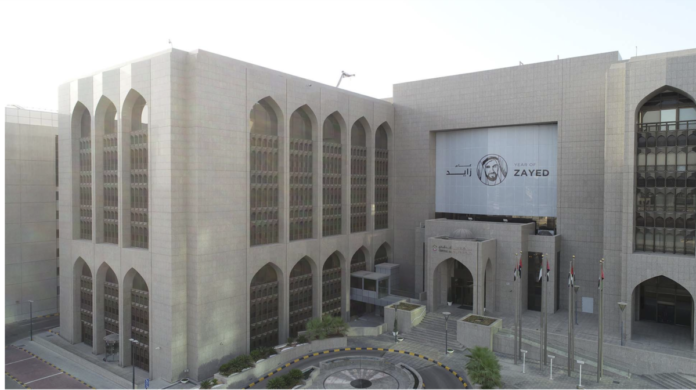The recent additional stimulus package announced by the Central Bank of UAE will support UAE banks’ liquidity and limit their likely material asset quality deterioration because of the coronavirus outbreak, according to Moody’s.
The UAE’s central bank on Sunday announced the stimulus to bolster the economy as a measure to mitigate the effects of the coronavirus pandemic by increasing its Targeted Economic Support Scheme to AED256 billion (US$70 billion) from AED100 billion.
The scheme now is equal to 16 per cent of UAE banks’ domestic credit and 8 per cent of their total assets as of February 2020.
The measures also include relaxing the liquidity buffer requirement, releasing US$26 billion in liquidity; a cash reserve requirement reduction that will inject US$17 billion of liquidity; and the introduction of transitional arrangements for the accounting of expected credit losses.
This, according to Moody’s, will over the next few months, support banks’ liquidity and ease potential funding challenges, and if it results in increased lending to liquidity-constrained borrowers, will limit banks’ asset quality deterioration.
The report, however, warns that the relaxation in liquidity buffer requirement and cash reserve requirement might be unfavourable towards banks’ unsecured creditors because it risks weakening the banks’ resilience and reducing the likelihood of early regulatory intervention.
With regards to other key non-oil sectors such as tourism, transportation, trade, and real estate, the report expects a negative impact of COVID-19, which, it says, is likely to result in a broad-based shock to the UAE’s economy. “We expect borrowers in the tourism, transportation, trade and real estate sectors to be the most affected, and small and midsize enterprises (SMEs) to be particularly vulnerable to economic shocks.”






